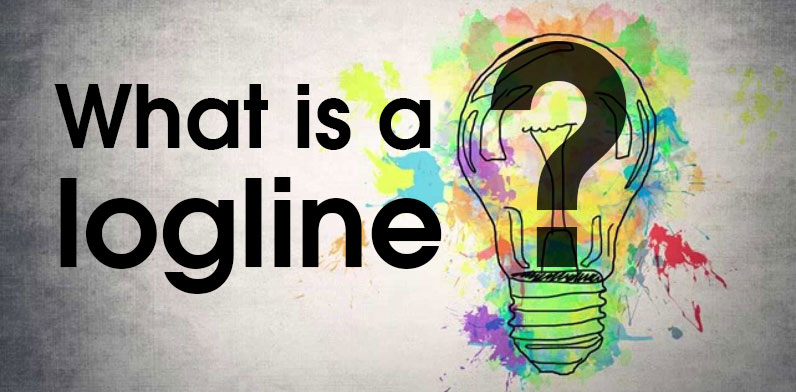The Logline or “One Liner”
Blake Snyder used to refer to loglines as “the coin of the realm” in Hollywood. Having a great logline is extremely important — both for pitching your script, and for making sure your story is focused and engaging.
If you don’t have a killer logline, your script will probably never be made into a movie, or even be read by a producer/executive/agent/actor in the first place.
So what is it?
Here’s my definition:
logline (noun): one sentence (or in rare instances — two) that captures the essence of your screenplay in the most compelling and succinct way possible.
Here’s an example of a logline:
Falsely convicted of murdering his wife, a doctor desperately searches for the real killer, with a relentless federal agent hot on his trail.
“captures the essence of your screenplay”
Your logline should give a sense of the genre, tone, main plot, protagonist’s struggle, antagonist, time frame, location, target audience and budget. That’s a lot for one sentence! They don’t all have to be in there explicitly, but a good logline should imply all these things.
“compelling”
There needs to be a hook to your logline; something that compels people to want to learn more about the concept (i.e. read the script or see the movie).
Terry Rossio wrote a brilliant article about your concept needing to have a “strange attractor.” I think that’s the best way of thinking about it. Whether it’s something unique, ironic, gripping, or comedic, there has to be something that attracts you to the concept.
“succinct”
A logline is not a synopsis. You only have one sentence to pitch your movie. The full plot and subplots of your script have no place in your logline. Less is more.
At a recent panel of Hollywood screenwriters that I attended, I believe it was Shane Black who said, “Your logline shouldn’t have more than two commas in it.”
Avoid These Mistakes
Here are some mistakes to avoid in your logline:
- Don’t use the names of any of your characters
- Don’t use ALL CAPS to highlight any words
- Don’t try to tell your entire movie
- Don’t describe analogous movies (e.g. “It’s like Aliens meets Dirty Dancing“)
- Don’t include your movie’s tagline (e.g. “This time it’s personnel“)
- Don’t start with, “It’s about…”
- Don’t forget to describe your protagonist (i.e. “… a clumsy surgeon” gives us a better feel for the story than simply “… a surgeon”)
It’s important to have an effective logline before writing your script, and after. Sometimes if you can’t create a compelling logline, it’s symptomatic of a problem with your story.
Is your logline up to snuff?






Trackbacks/Pingbacks